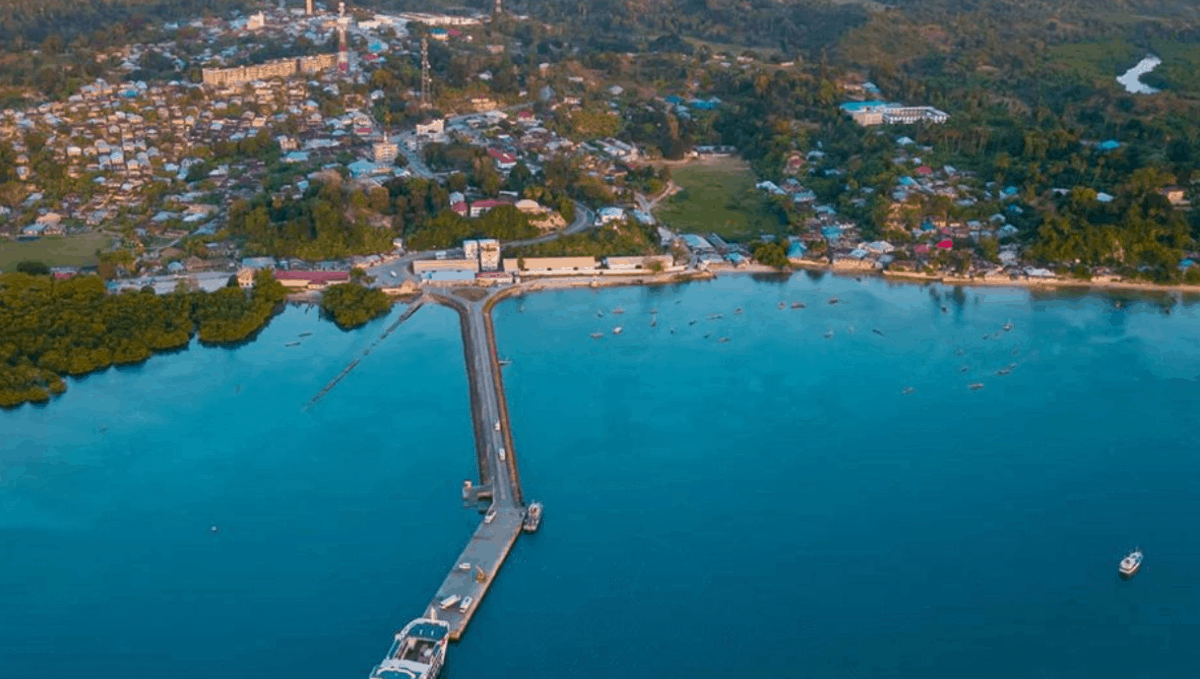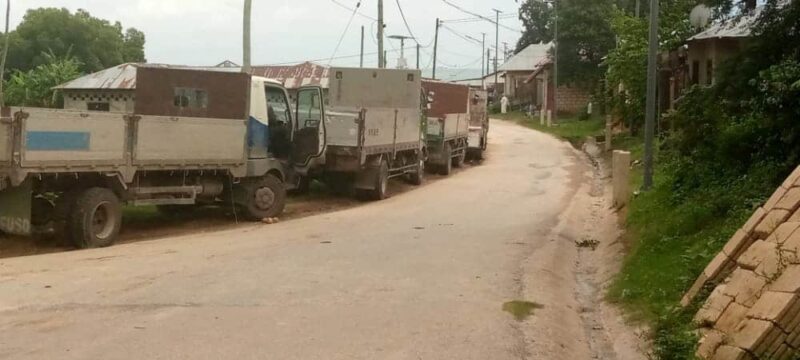In Mkoani, a port town on the island of Pemba in Tanzania, a dangerous situation had been created due to a lack of parking spaces for trucks needing access to the port. Local people had been complaining about truckers maneuvering and parking their vehicles in the compound of Ngomeni Primary School, while waiting to access the port, posing a deadly danger to pupils.
Also at risk were the numerous fish vendors whose trade was declining because customers chose to stay away from such a congested and dangerous area.
The problem caught the attention of news reporters Khatibu Nahoda and Said Omary, who received training and production stipends from Internews.

“When we tackled the story, we saw that the truckers, schoolkids, and fish vendors were all facing problems and that our town council leaders would surely need to intervene.”
Using their recently gained skills and knowledge, the two young reporters covered the story in a fair and balanced way, which guided council leaders to a workable solution – a new parking area elsewhere and a ban on trucks trying to enter the school compound.
Mkoani Town Council Director, Mohamed Saleh Faki, says the radio reports really helped.

“When we heard on Mkoani FM about the improper parking and the challenges it posed for schoolchildren and fish vendors, we visited the area and realized that if left unchecked, this situation would probably cost lives. So, we quickly agreed to declare it a no-parking zone.”
Khatibu and Said had not been expecting such a swift and positive response, because usually such stories just brought trouble. This time, however, they were praised for their work.
“Trucks were a noisy nuisance, clogging access, ruining local trade, and making everyone’s lives difficult. But this all changed after Mkoani FM aired the story and now I am getting more customers every day,”says fish vendor Karim Rashid.
Ali Abdalla says he was among the first fish vendors to ask Mkoani FM to cover the issue.
“When we took our case to the radio station, we didn’t believe our problems would be solved. We just wanted people to know about them. But the journalists went the extra mile and ensured that our voices reached the authorities who took appropriate action.”
Schoolteacher Salim Omar says he no longer worries about his young students. “I know they do not need a safety guide anymore. I also know media has the power to establish accountability.”
Internews’ project in Tanzania, Boresha Habari, is funded by USAID, and implemented in partnership with FHI 360. It seeks to support an open, inclusive environment in which media and civil society provide accurate and impartial information that promotes participation, inclusion, and accountability.
By Ali Mwadini, Internews Trainer, Zanzibar, Tanzania
